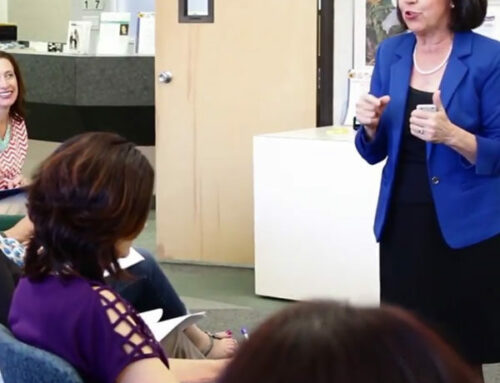
Pensive tween

Overconfident Tween
Your Tween Boy and Puberty
Does He Reassure You That
He Knows it All?
Obviously, boys go through puberty too. In fact, the changes a boy’s body goes through during puberty are just as important as the changes a girl’s body goes through. There are physical changes, like growth in height and muscle mass, and emotional changes, like feeling more moody or aggressive. Boys also undergo cognitive changes during puberty, which can include becoming better at problem-solving and abstract thinking, and risk-taking. It is important for tweens and their parents to be aware of these changes so that the tween can navigate this new stage of life successfully.
One of the biggest challenges for boys during puberty is that they may feel lost and not know where to turn for information or support. Boys are often less likely to talk about their feelings than girls, so they may be more likely to keep any problems or questions bottled up inside. This can lead to problems like acting out and depression. And at the same time, all of sudden they know it all and will not hesitate to argue with you about the world’s problems and their solutions!
One of the most important things parents need to know about puberty in boys is that it’s just as important as puberty in girls. Boys go through many changes during puberty, both physically and emotionally. It’s crucial that parents educate themselves on these changes so they can help their tween sons navigate through them.
Physical Changes
Boys go through many physical changes during puberty. For starters, their bodies become more muscular and they grow taller. Their voices deepen and they start to produce more testosterone. This increased production of testosterone is responsible for the other physical changes boys experience during puberty, such as the growth of the penis and testes, facial hair growth, and an increase in sebum production which lead to acne. This is a very natural, albeit, annoying fact for boys during puberty. Girls, of course, start menstruation. Boys start producing sperm.
Emotional Changes
Boys also have lots of emotional changes associated with puberty. They can become more moody and irritable. They may feel like they’re out of control and that their emotions are all over the place. This is normal! It’s important for parents to be understanding and patient with their sons during this time. On the other side, during the early tween years, boys all of a sudden know everything and their confidence soars. This newfound confidence can lead to constantly interrupting or aggressively expressing their opinions.
It’s important for parents to keep communication open with their tween sons during puberty. It can be difficult for boys to talk about these changes and feelings they’re experiencing, but it’s crucial that they have someone to talk
Cognitive Changes
In addition to the physical and emotional changes, boys experience during puberty, their brains are also growing and changing. At times they seem very mature and at others, they are behaving like kids again! Unfortunately, this process of brain development can take up to their mid-20s to be completed. That’s why it’s important for parents to talk to their sons about puberty early and often, so they know what to expect and can be prepared for the changes ahead.
Individuation – The Long Journey of Separation.
Individuation means different things to different people, but in general, it is the process of becoming an individual. This process starts with separation-the first step on the long road of individuation.
Separation can be a difficult time for both children and parents. For children, it means leaving behind the security and comfort of home and family and venturing is into their potential adult world. Parents need to be able to give their tweens the space they need to grow into their own person while also providing guidance and support. This can be a difficult balance to strike, but with open communication between parents and tweens, it is possible.
It’s important for both boys and girls to have age-appropriate information about puberty before they begin to experience the changes. For boys, this means understanding that there will be changes in their bodies, emotions, and cognition. They may feel awkward or embarrassed about these changes, but it’s important for them to know that they are normal.
If you’re a parent of a tween boy, it’s important to start the conversation about puberty early and be open to answering any questions he may have. Maybe for sure by fifth grade and before they start middle school. Hopefully, the tween will know by then some basic concept of birth and conception. This will help him feel more comfortable discussing these changes with you as they occur.
If you want to learn more about Boys and Puberty, join my masterclass on the subject by clicking here. This online masterclass is for parents of tween boys and provides age-appropriate information about the changes that occur during puberty. It also offers guidance on how to review the topics of birth and conception. Hope to see you there!!




